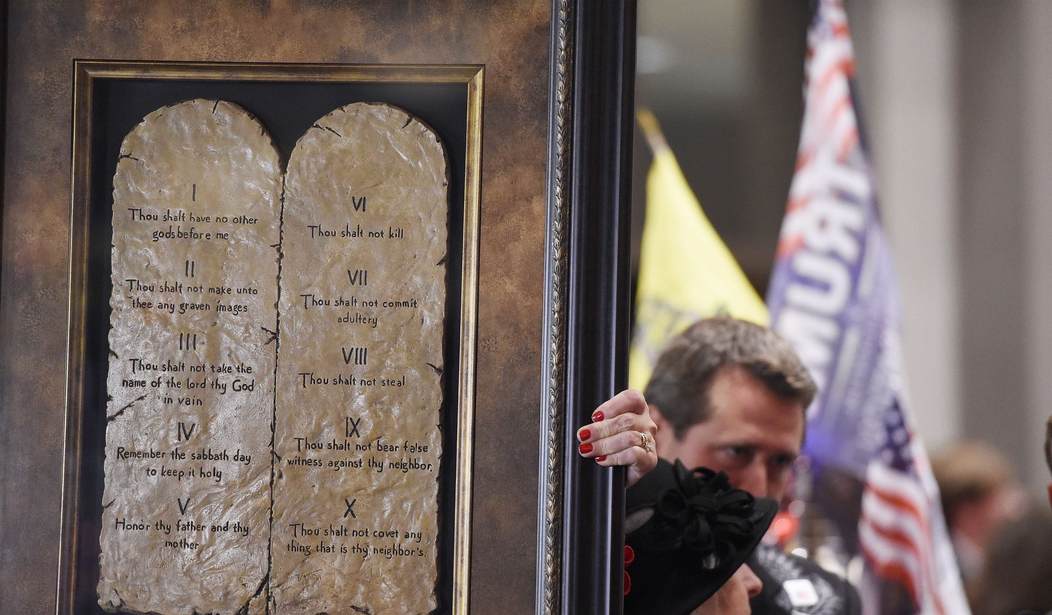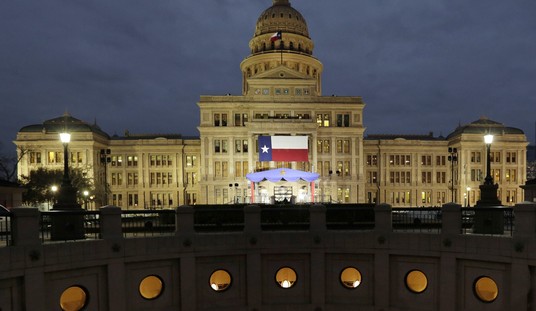Louisiana is on the brink of becoming the first state to require the Ten Commandments to be displayed in all classrooms of schools receiving state funding. House Bill 71 was approved by the state Senate on May 16, 2024, and is headed to the House for a final vote.
The bill, authored by state Rep. Dodie Horton, has stirred debate over the propriety of requiring public schools to include religious displays in classrooms. Proponents argue that the Ten Commandments have historical significance while critics assert that it is a violation of the First Amendment’s establishment clause.
State Sen. Adam Bass, who carried the bill in the upper chamber, characterized the Ten Commandments as a historical document that should be featured in educational institutions. He and other supporters cited the 2022 U.S. Supreme Court ruling in Kennedy v. Bremerton, where the court decided in favor of a coach who had been fired for leading prayers during football games. They suggest that this ruling supports the inclusion of religious iconography in public spaces. “Both Representative Horton and I believe it will withstand legal and judiciary scrutiny,” Bass said.
On the other hand, opponents of the measure contend that the bill would violate the separation of church and state principle and would likely lead to costly legal battles. Sen. Royce Duplessis, a Democrat, was the only lawmaker to argue against the bill during the Senate session, saying he “didn’t have to learn about the Ten Commandments in school” because “We went to Sunday School.”
“You want your kids to learn about the Ten Commandments, take them to church,” he added.
The American Civil Liberties Union (ACLU), Americans United for Separation of Church and State, and the Southern Poverty Law Center issued a joint statement criticizing the bill. The statement argued that the measure “requires a specific version of the Ten Commandments” and that displays that do not display this version “would violate state law.”
If the bill is passed, it would bar the use of taxpayer funds for the displays. Instead, it would allow schools to accept donations to build the displays. “We believe there will be lots of donations,” Bass predicted. However, Duplessis pointed out that the law would still result in state funds being used to fend off the inevitable lawsuits that would follow the passage of the bill.
Sen. Jay Morris included an amendment that allows schools to also post other historical documents like the Mayflower Compact and Declaration of Independence. These documents also affirm the role religion played in the founding of the nation while giving a broader context for the Ten Commandments display.
It seems likely that the measure will pass. It has much support from Republicans and Democrats have not mounted a substantial opposition. However, the real battle over the matter will come when the legal challenges that Duplessis predicted come to fruition. The law will almost certainly be fought in the courts and could even rise to the Supreme Court where the issue will garner even more attention and debate.













Join the conversation as a VIP Member